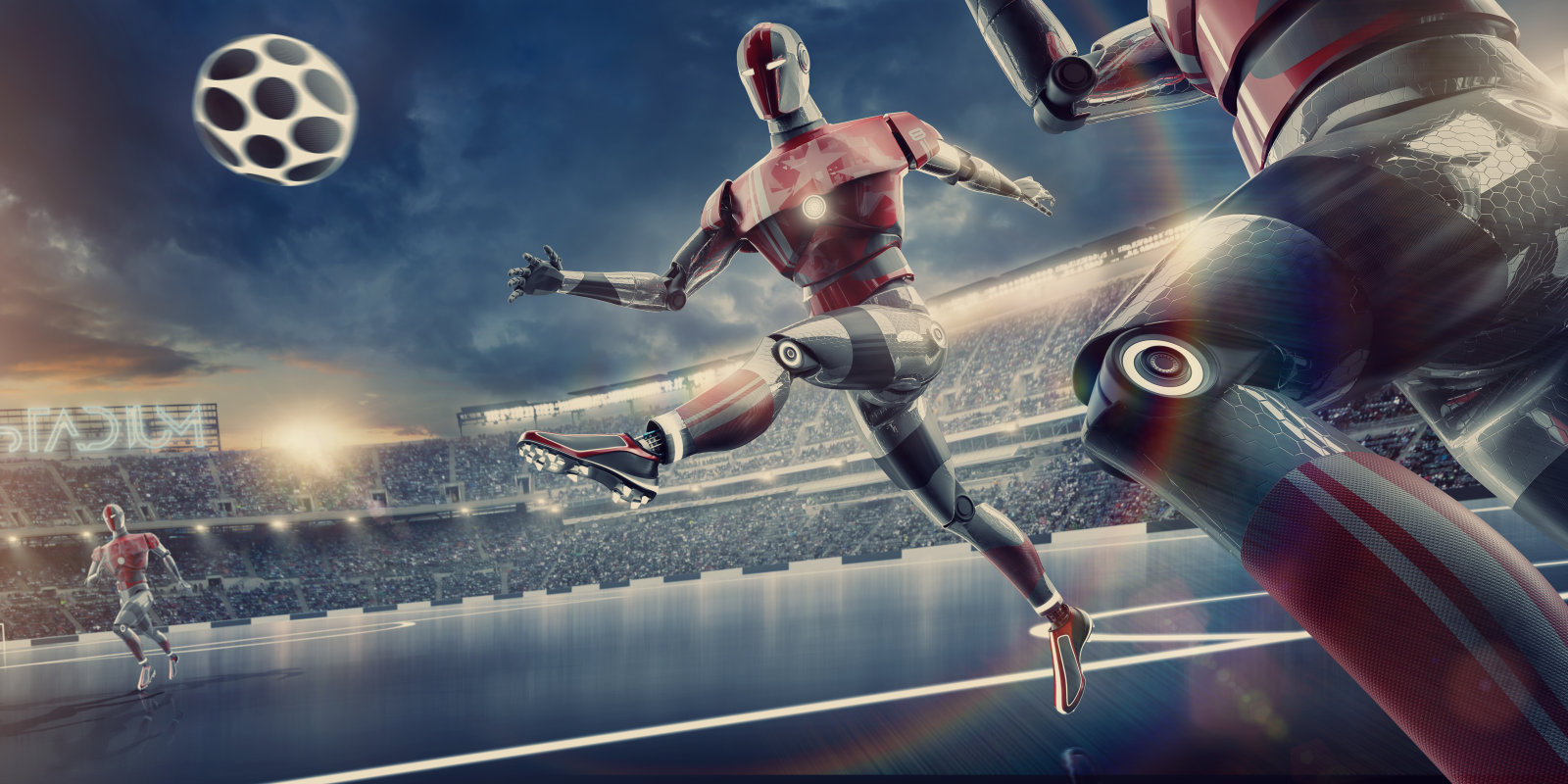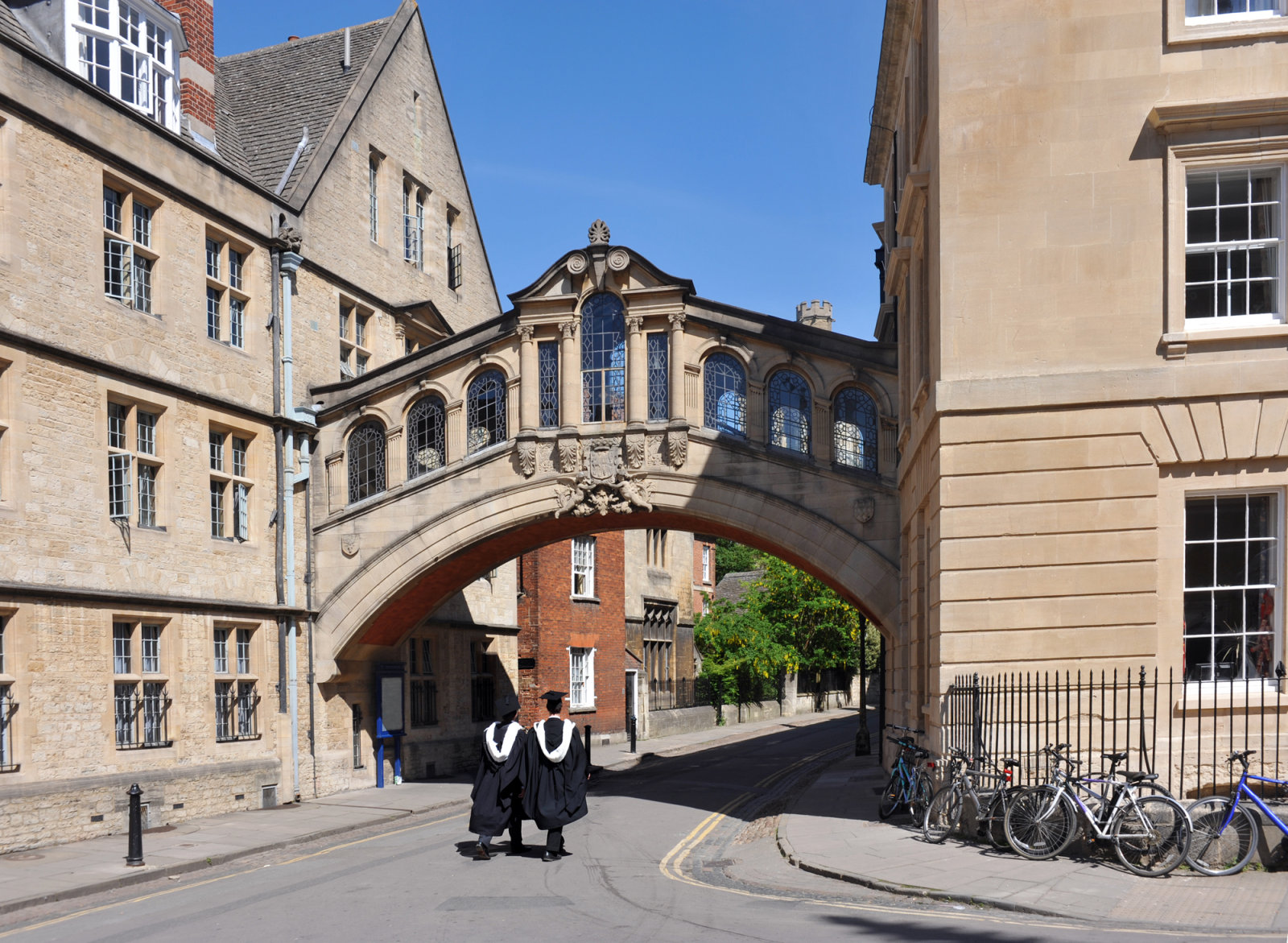42342
D For as much as I love nature, it’s remarkable that I grew up in a family that didn’t spend a lot of time there.The Ludlows weren’t campers, hikers, or beach goers.That’s not to say we didn’t go outdoors. We just didn’t stay there long. My dad’s favorite way to relax was to sit on the patio(露台) with a glass of iced tea. He’d preside over his freshly mowed lawn, enjoy the birds, and watch for the fox.But when the sun went down, he went inside.Lots of kids grow up gazing at the stars,knowing the constellations. Me? I never noticed the stars. In my early childhood, the darkening shadow of evening was the signal that it was time to hightail it home from the park on my bike. Then I met the sky. I saw it the summer before seventh grade when we took a family trip to Wyoming. In my mental photo album, I feel the mist of Old Faithful, I smell the store where my dad bought a cowboy hat, and I shiver in my sleeping bag on the overnight rafting trip downthe Snake River. One night, Dad had arranged for us to sleep in a tepee. When the flames died down after our camp fire dinner, he kept my little sister, Sara, Mom, and me outside, wrapped us in blankets, and told us to look up, wait, and watch.Plink, plink, plink. As my eyes adjusted, the stars appeared. Plunk, plunk, plunk. The black filled with white. Plinkplinkplinkplinkplink.Dad revealed the universe.Decades later, I crave walks in the woods, I love to sit by a lake for hours, and a sunset mesmerizes (迷住) me. And everywhere I go, I look up and search for the heaven I saw that night. I have yet to see that sky again, so utterly a glow. I don’t know if that’s because my kid memory blew it out of proportion or because our lit-up world makes seeing the true sky all but impossible. I just know I haven’t stopped looking.




